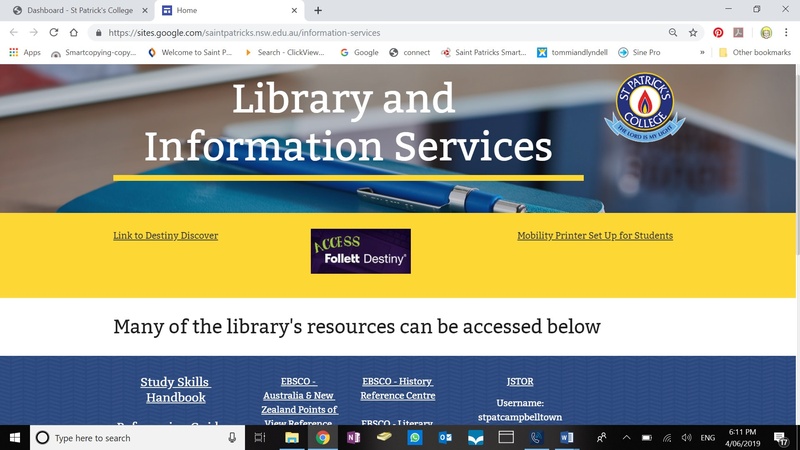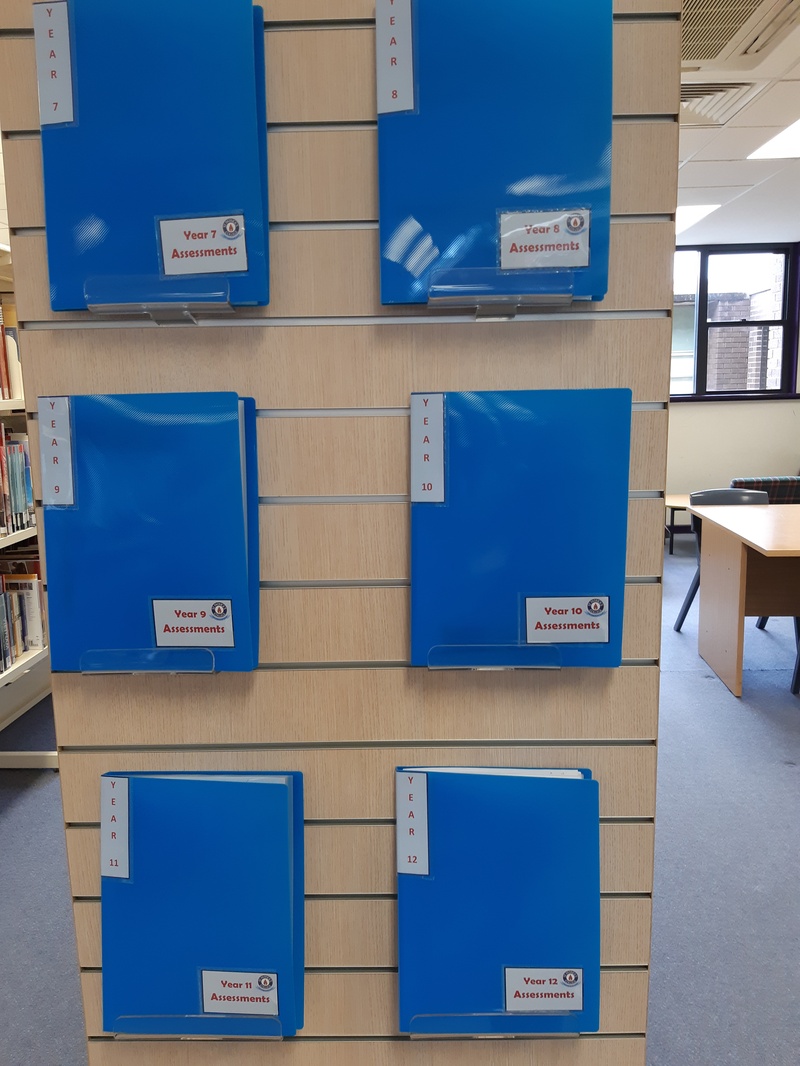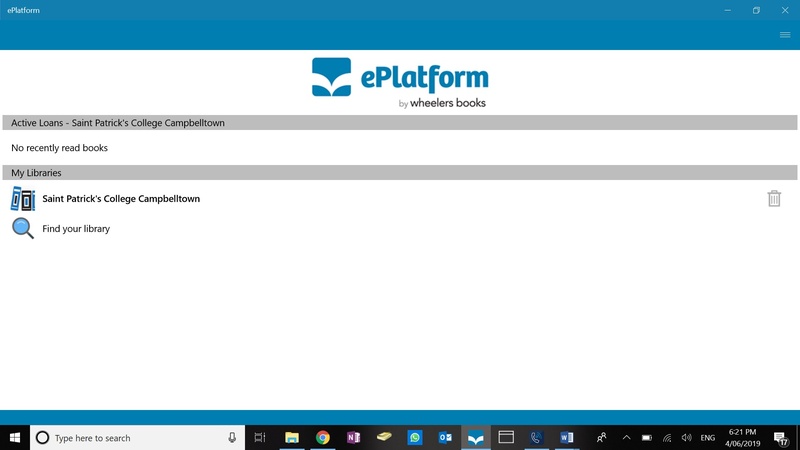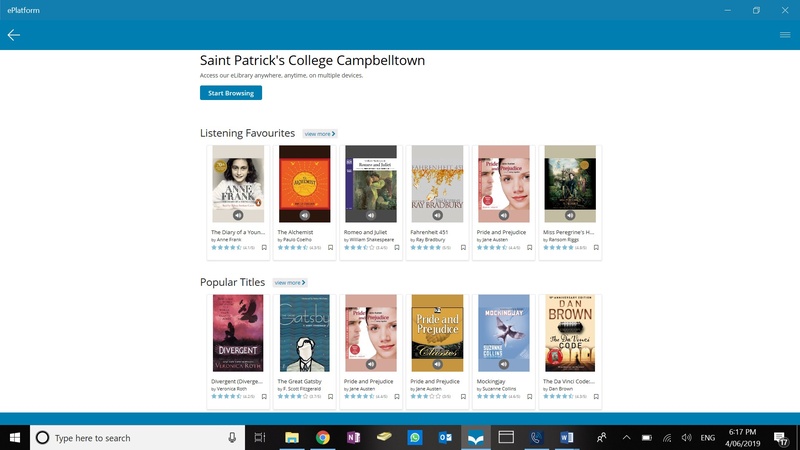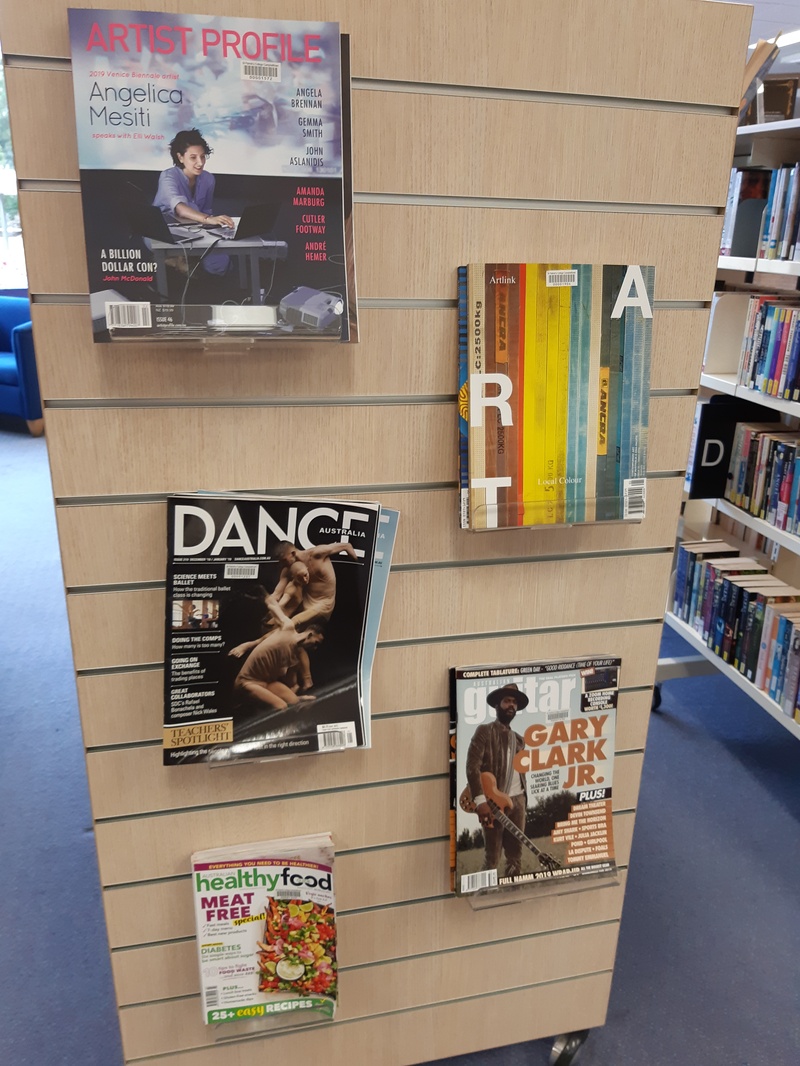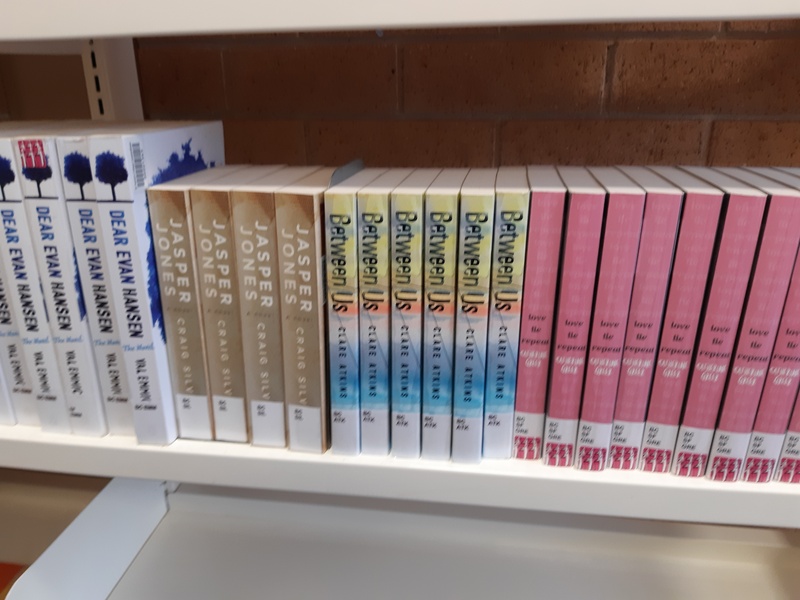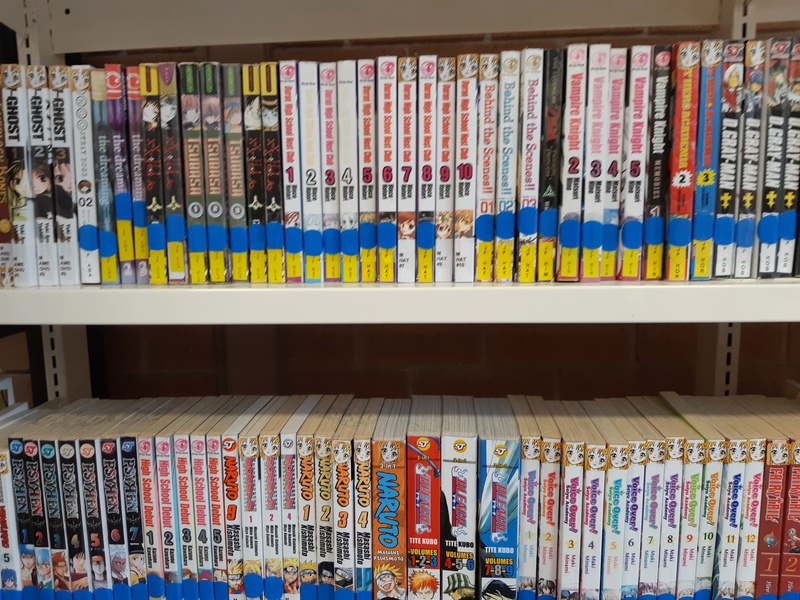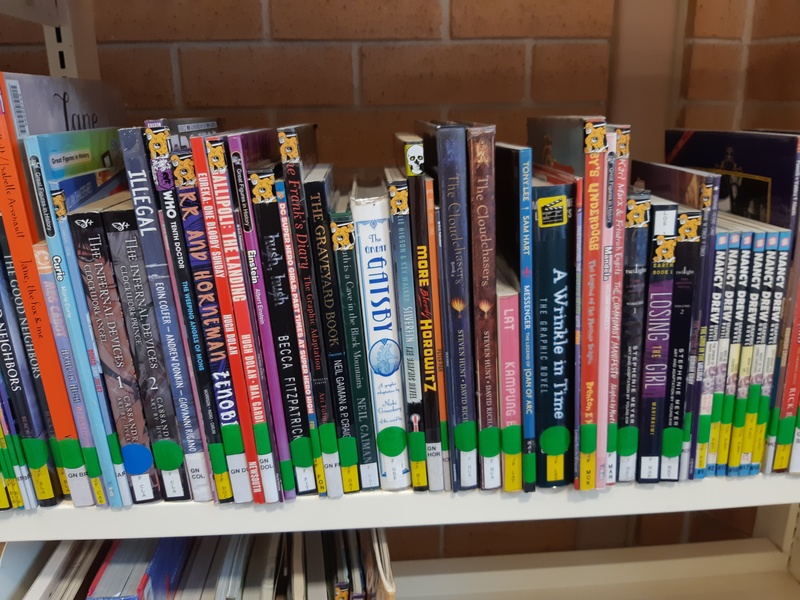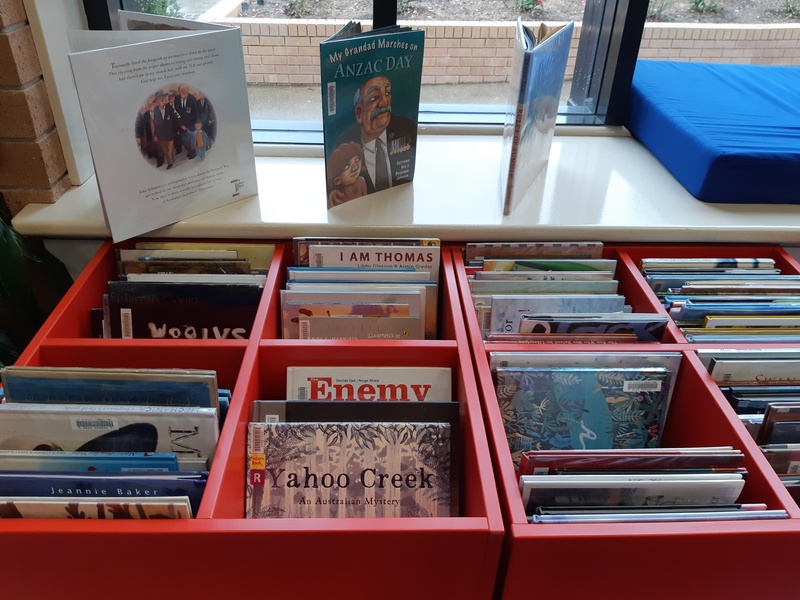Students Need School Libraries!
Now, more than ever, our students and their families need to be assured and reminded of the relevance and importance of their School Library.
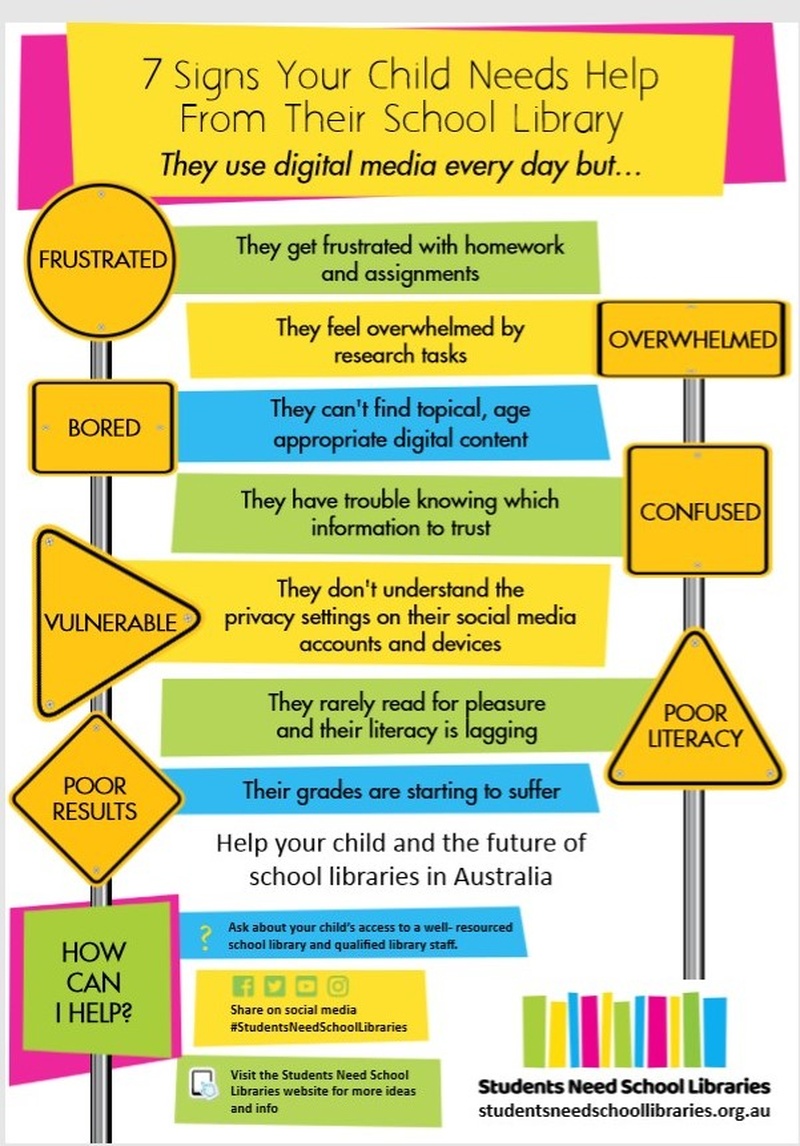
7 signs your child needs their school library
Seven signs your child needs help from their school library:
FRUSTRATED: They get frustrated with homework and assignments.
The Library is open before and after classes. Speak to the library staff or your teachers regarding your time management skills. See the library staff for tips and assistance with researching, referencing etc. There is a Study Skills Handbook on the library page, accessible through the Dashboard.
OVERWHELMED: They feel overwhelmed by research tasks.
The Library has assessment folders for each year group with a copy of each assessment task, resource lists and collections relating to the assessment tasks on Destiny, and physical books relating to many assessments are put aside. The Library page also has many databases and Encyclopedia Britannica (which can also be found in each Canvas unit). The Library page also has APA referencing. All of these are there to assist students with their researching and assessment tasks.
BORED: They can’t find topical, age appropriate digital content.
Clickview is age appropriate by year groups and has documentaries as well as films that are related to the curriculum. Our audio and ebook platform is Wheelers which students can access on their devices. The books are classified as fiction (Years 7 and 8) and senior fiction (Years 9-12), as well as non-fiction.
CONFUSED: They have trouble knowing which information to trust.
The Library recommends applying the CARP test to all information:
C- Current: is the website up to date and is it maintained regularly?
A- Authority: Who wrote the website's information, what are their qualifications and can the author be trusted?
R- Reliable: How reliable/accurate is the information, do all links work and are there references?
P- Purpose: What is the purpose of the website; is it to sell or persuade? Check for bias; it should contain fact not opinion.
The library, in collaboration with teachers, runs sessions to educate students on fake news etc. When using the library search tools, students are able to access trustworthy websites.
VULNERABLE: They don’t understand the privacy settings on their social media accounts and devices.
The Leader of eLearning and Library educates on digital citizenship, digital footprint and the responsible use of social media.
POOR LITERACY: They rarely read for pleasure and their literacy is lagging.
The library has, as part of its collection, easy readers, ebooks, Audio books, Manga, graphic novels, fiction and non-fiction books, picture books plus a range of physical and digital magazines. We also run bookclubs at recess for various year groups and participate in the state-wide Premier’s Reading Challenge each year.
POOR RESULTS: Their grades are starting to suffer.
After school is silent study/homework time in the library, giving students the opportunity to work on assessments, study, or complete homework. Library staff, in conjunction with teachers, are here to support in research and referencing.
